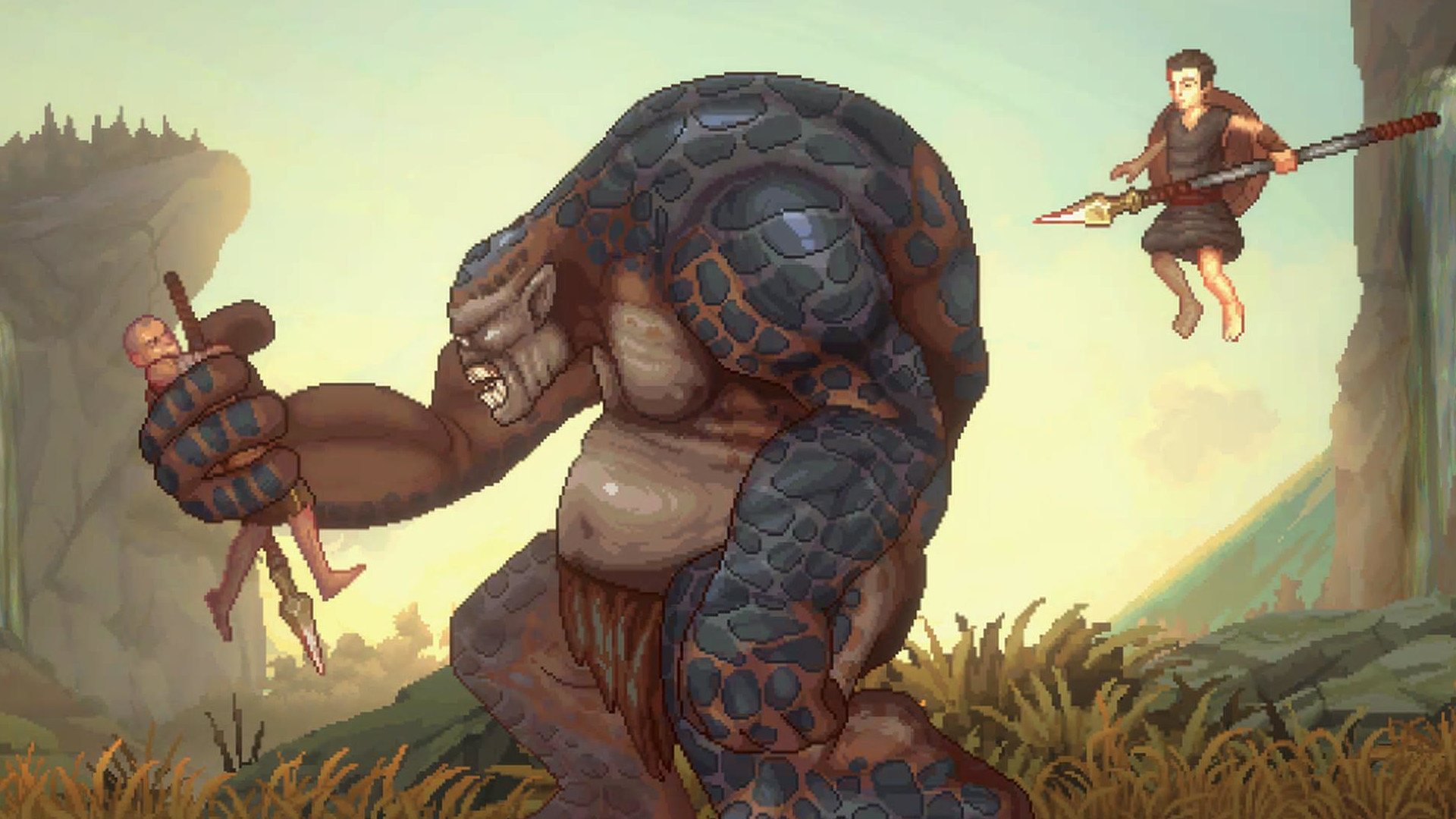Hi-Fi Rush is the perfect Saturday morning cartoon game for some whimsical '90s chaos, but the bassline isn't the heaviest thing about it
Now Playing | How one of the Xbox Series X era's finest Game Pass games went from zero to hero
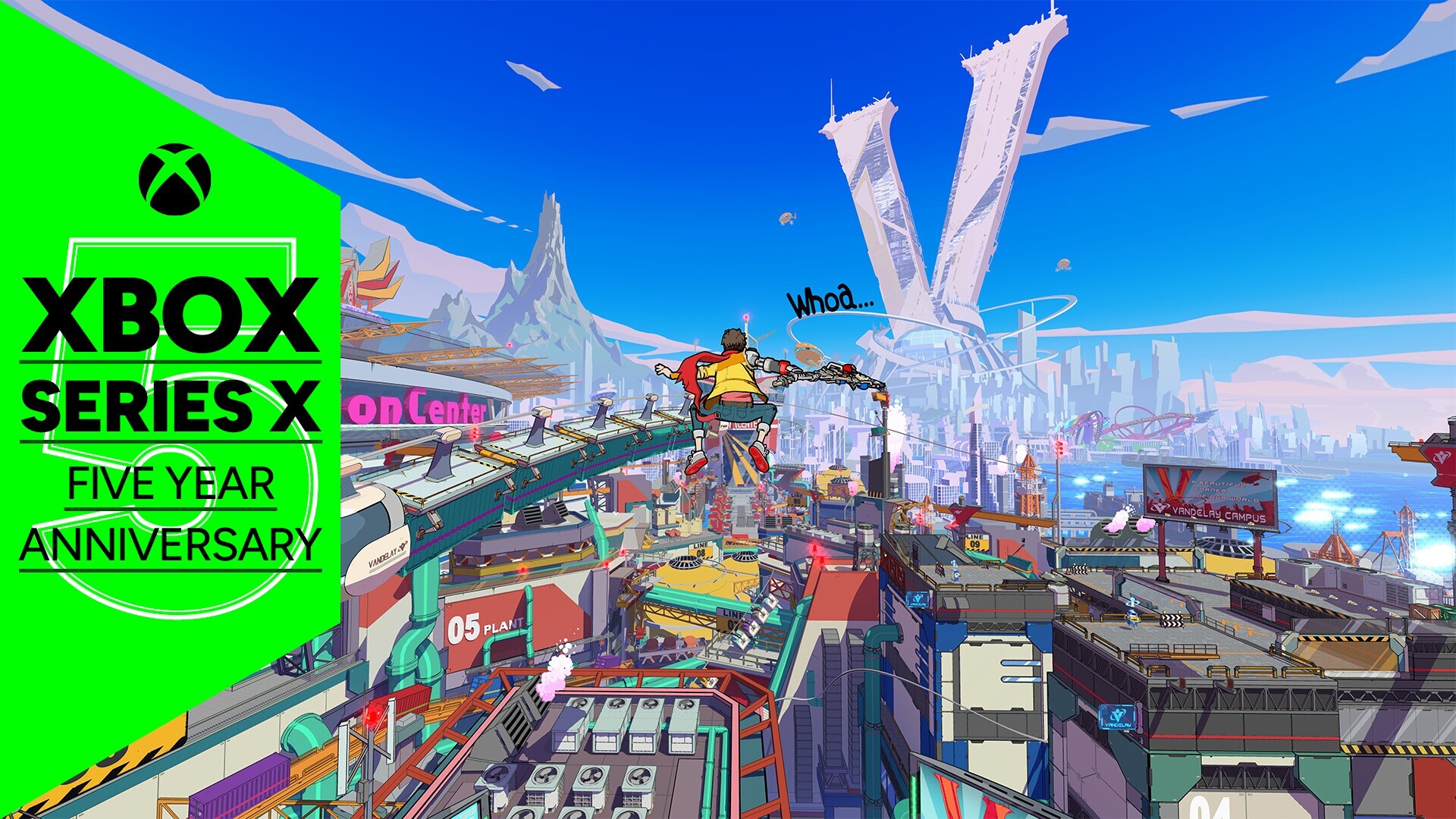
Weekly digests, tales from the communities you love, and more
You are now subscribed
Your newsletter sign-up was successful
Want to add more newsletters?

Every Friday
GamesRadar+
Your weekly update on everything you could ever want to know about the games you already love, games we know you're going to love in the near future, and tales from the communities that surround them.

Every Thursday
GTA 6 O'clock
Our special GTA 6 newsletter, with breaking news, insider info, and rumor analysis from the award-winning GTA 6 O'clock experts.

Every Friday
Knowledge
From the creators of Edge: A weekly videogame industry newsletter with analysis from expert writers, guidance from professionals, and insight into what's on the horizon.

Every Thursday
The Setup
Hardware nerds unite, sign up to our free tech newsletter for a weekly digest of the hottest new tech, the latest gadgets on the test bench, and much more.

Every Wednesday
Switch 2 Spotlight
Sign up to our new Switch 2 newsletter, where we bring you the latest talking points on Nintendo's new console each week, bring you up to date on the news, and recommend what games to play.

Every Saturday
The Watchlist
Subscribe for a weekly digest of the movie and TV news that matters, direct to your inbox. From first-look trailers, interviews, reviews and explainers, we've got you covered.

Once a month
SFX
Get sneak previews, exclusive competitions and details of special events each month!
Hi-Fi Rush has a superpower: it teleports me back to my elementary and middle school years. Then, there was nothing quite as special as a Saturday morning. Not only did I not have school, but I could tune into my favorite cartoons and see something wondrous.
Whether it's Goku finally beating Frieza after 20 episodes, Dexter inadvertently unleashing the latest horror on the city in Dexter’s Lab, or Ash losing yet another Pokemon Championship, there was a certain boundless energy to Saturday morning cartoons. A spirit of adventure and innocence that still crucially captured big picture themes, like Hey Arnold’s commentary on poverty.
It’s become exceedingly hard to recapture the spirit that ‘80s and ‘90s weekend slate of animated shows had. But it’s increasingly starting to look like video games are the place to do it, and Hi-Fi Rush is the blueprint.
Rock it to 'em
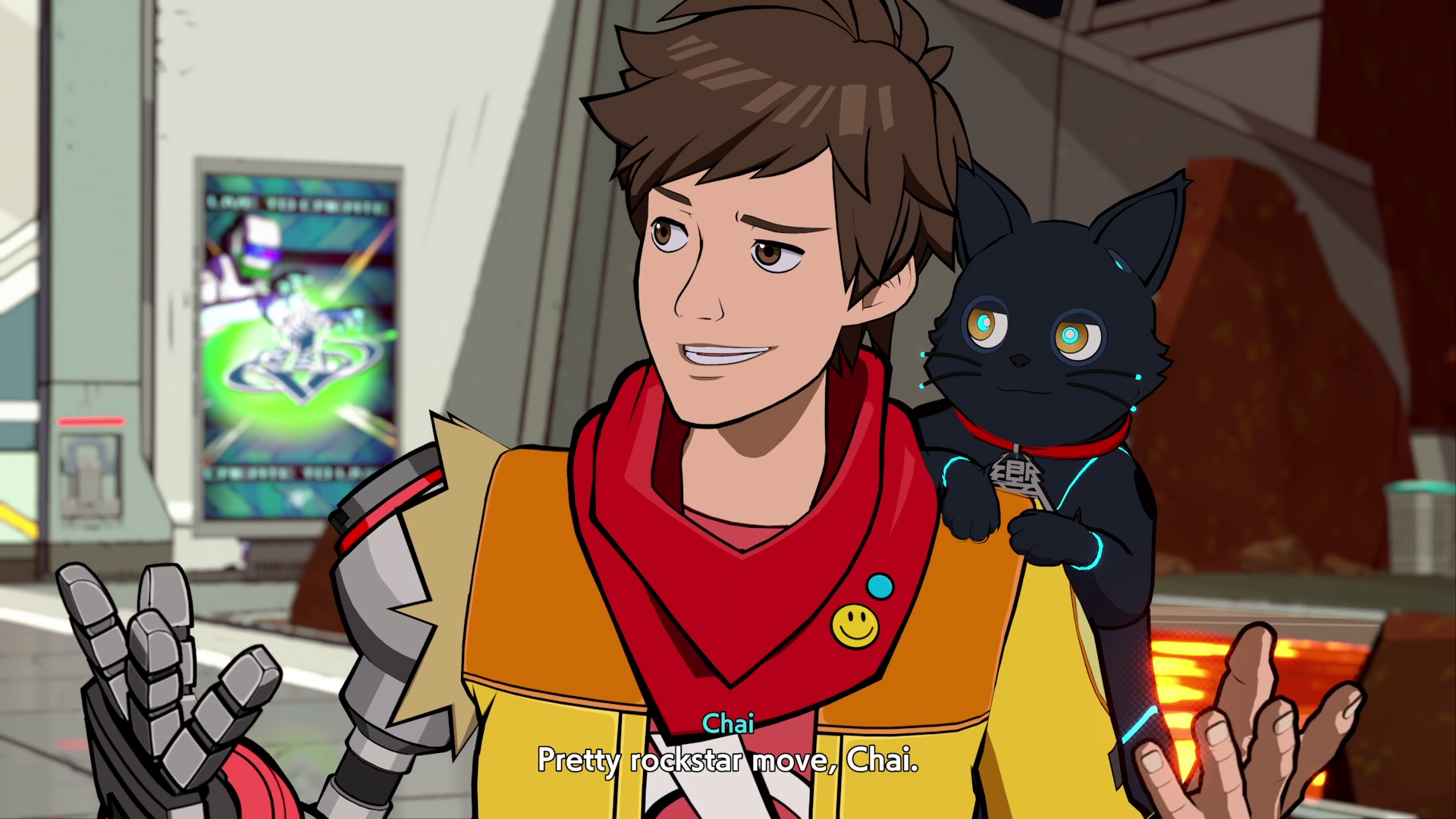
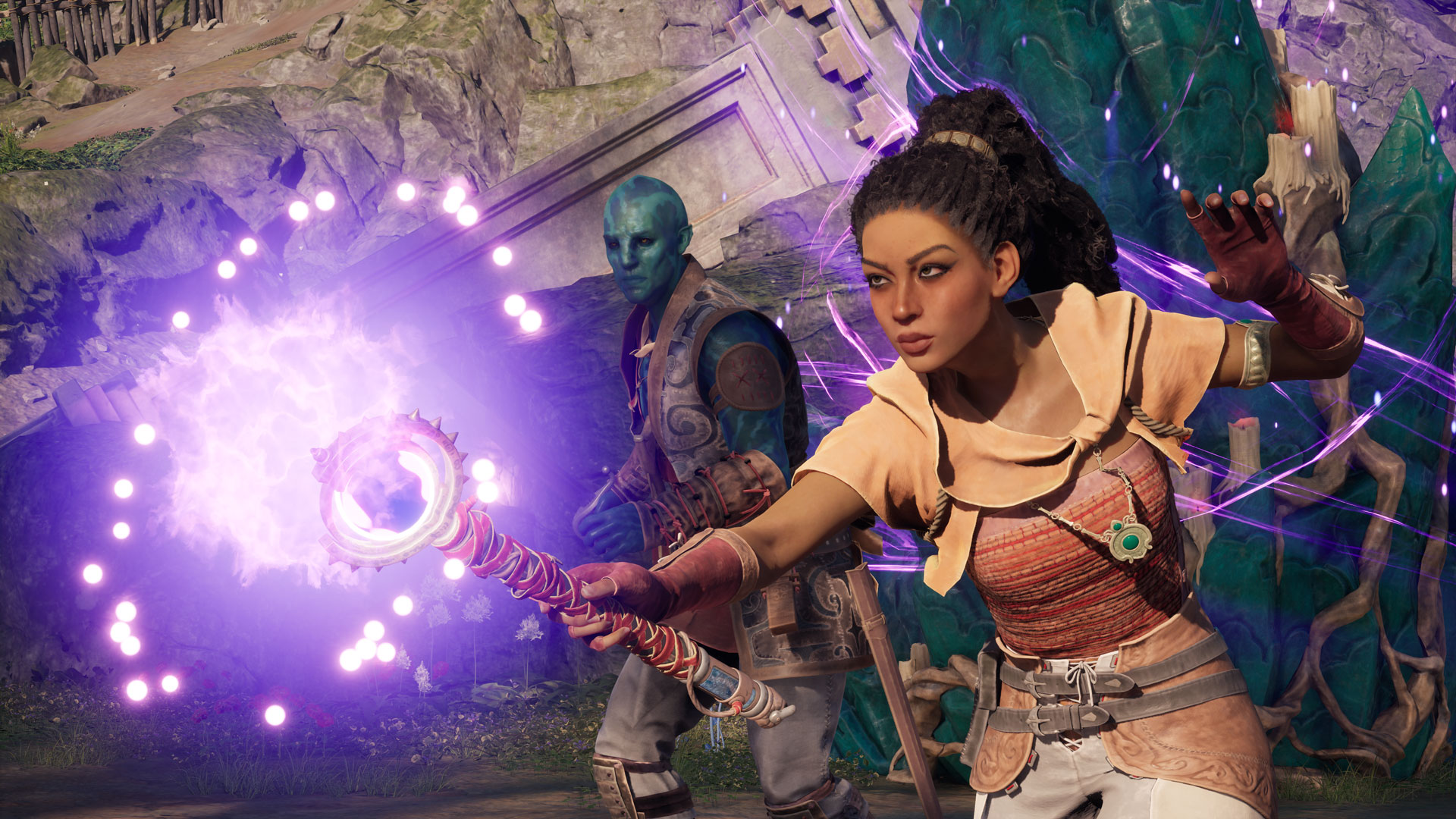
Released in 2023 on Xbox Series X, Hi-Fi Rush was bizarrely dropped during one of Xbox’s Developer Directs – a baffling decision, considering how much the game could have genuinely benefitted from getting shown off more.
Developer Tango Gameworks delivers a raucous rhythm action game dashed with a sense of whimsy, electric energy, and breakneck pacing that harnesses so much of what makes those earlier cartoons special. But crucially, it’s also crammed full of larger messages and commentary on rampant corporatization and the dehumanization of workers. And the brilliance of Hi-Fi Rush is how it manages to effortlessly weave all of this together, while simultaneously providing a stellar action game.
In Hi-Fi Rush you play as Chai, a young man who dreams of being a rock star – with all the fame that goes along with it. Chai signs up for an experimental surgery for limb replacement at Vandelay Technologies, but when the surgery goes wrong he inadvertently ends up with an MP3 player embedded in his chest, and the ability to see the world through synesthesia – quite literally the ability to feel the music and beat, and see it in the world.
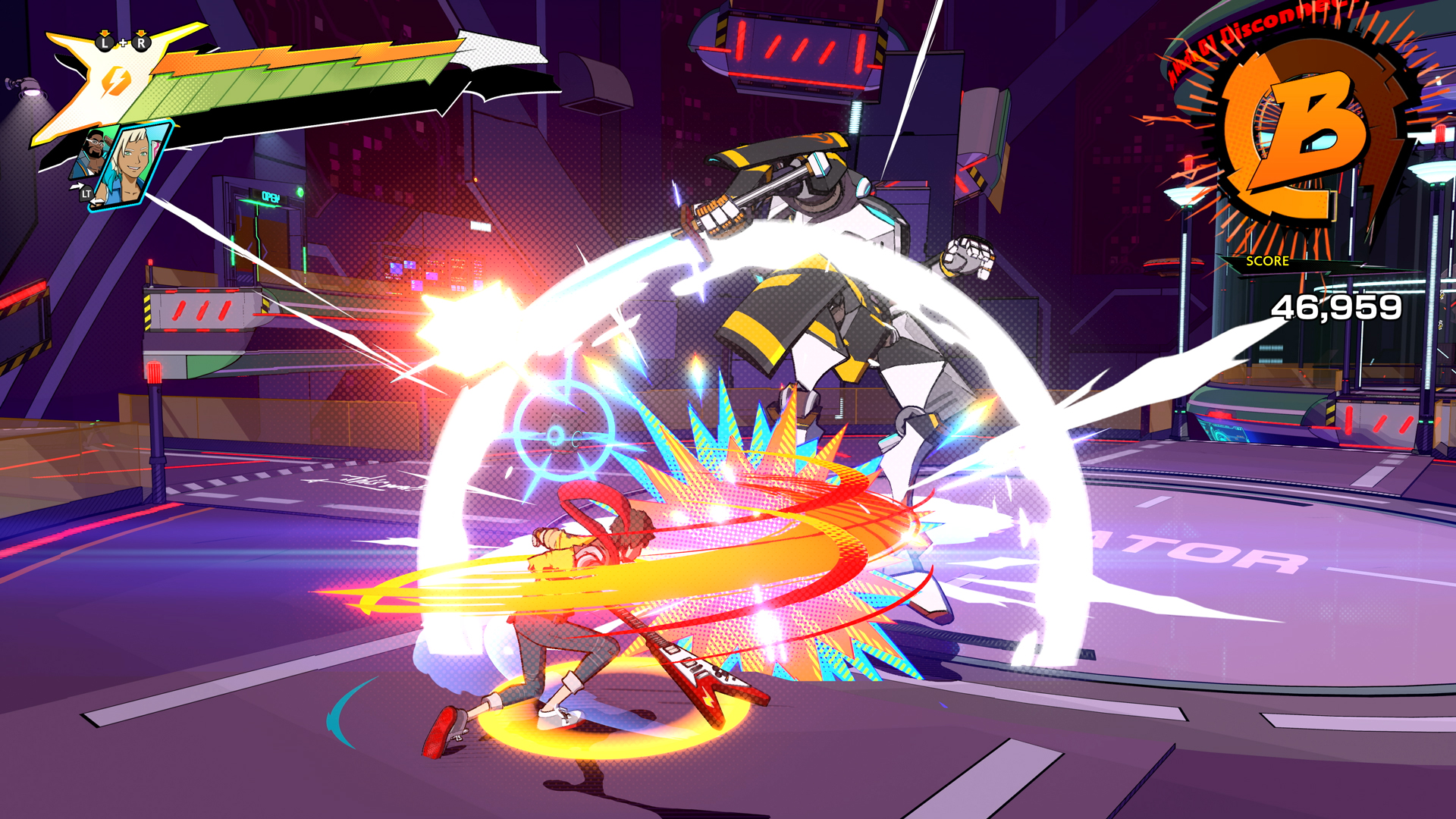
That entire setup is what supercharges Hi-Fi Rush’s personality, as the very world itself thrums along to the beat of the music – an eclectic mix of rock and pop that includes songs from The Black Keys, Nine Inch Nails, The Prodigy, and more.
Funny enough, there’s even a copyright-safe streaming mode where all the licensed songs are replaced with original tracks by a “band” called The Glass Pyramids (basically the game’s sound team).
Hi-Fi Rush is an experience you can’t find in any other game. Each level has platforming challenges and enemies to fight, where you’re using combo-based systems like Devil May Cry or God of War – with the added incentive to time your strikes to the beat for big damage boosts. But the other key is that you don’t actually need to be good at rhythm games to be good at Hi-Fi Rush, as the game integrates a bunch of options to help you match your attacks to the beat, or even make combat satisfying if you don’t do that.
The beat is yours forever
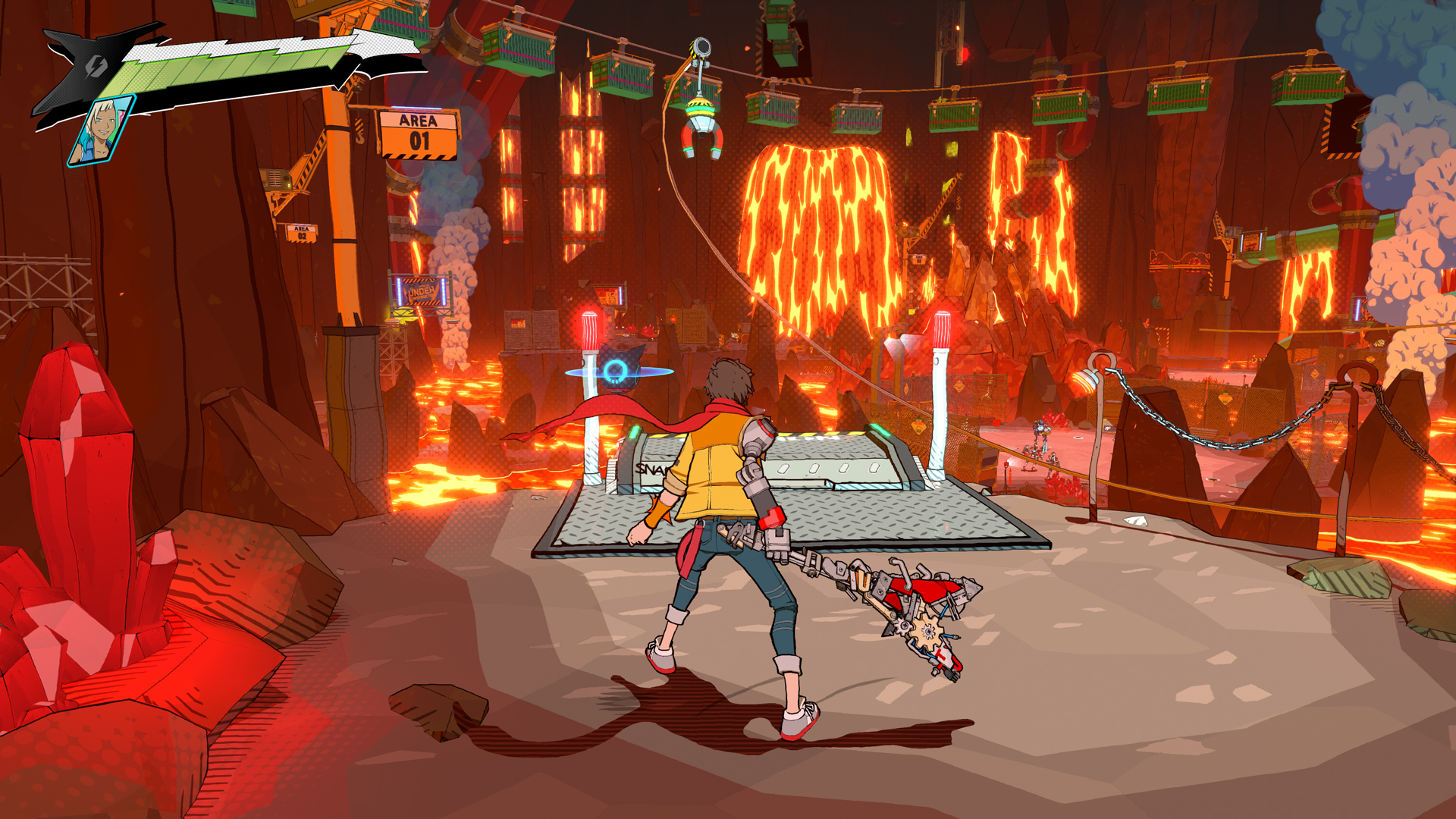
It’s a game that wants you to not just play it and have a good time, but feel the music in your bones
Hi-Fi Rush, more than anything, simply wants you to vibe out, and takes liberal steps to do that.
Its action is tightly-tuned to be both approachable and deceptively deep, its story pacing seesaws between charming character moments and over-the-top action, and its cel-shaded visuals manage to feel both stylistic and grounded in reality. In many ways it’s a game about duality, even right down to its social commentary on the nature of corporations belittling the people who do the majority of the work. The credits even feature an original song about how genuinely hard it is to make a video game, and how thankful the development team is anyone played Hi-Fi Rush.
That in itself shows that music is the key to Hi-Fi Rush work. Not just what you hear, but the very idea of how music binds us together as humans, and expresses society, culture, and even business – it’s an effective way of utterly engrossing you in the world of Hi-Fi Rush. And it’s fitting, because what’s the number one thing you remember about those Saturday morning cartoons all these years later? The theme songs.
Weekly digests, tales from the communities you love, and more
By linking an action game with a rhythm experience, Hi-Fi Rush draws you into a zen-like mode where there’s not a single thought in your mind besides embracing the music and beating back those pesky robots.
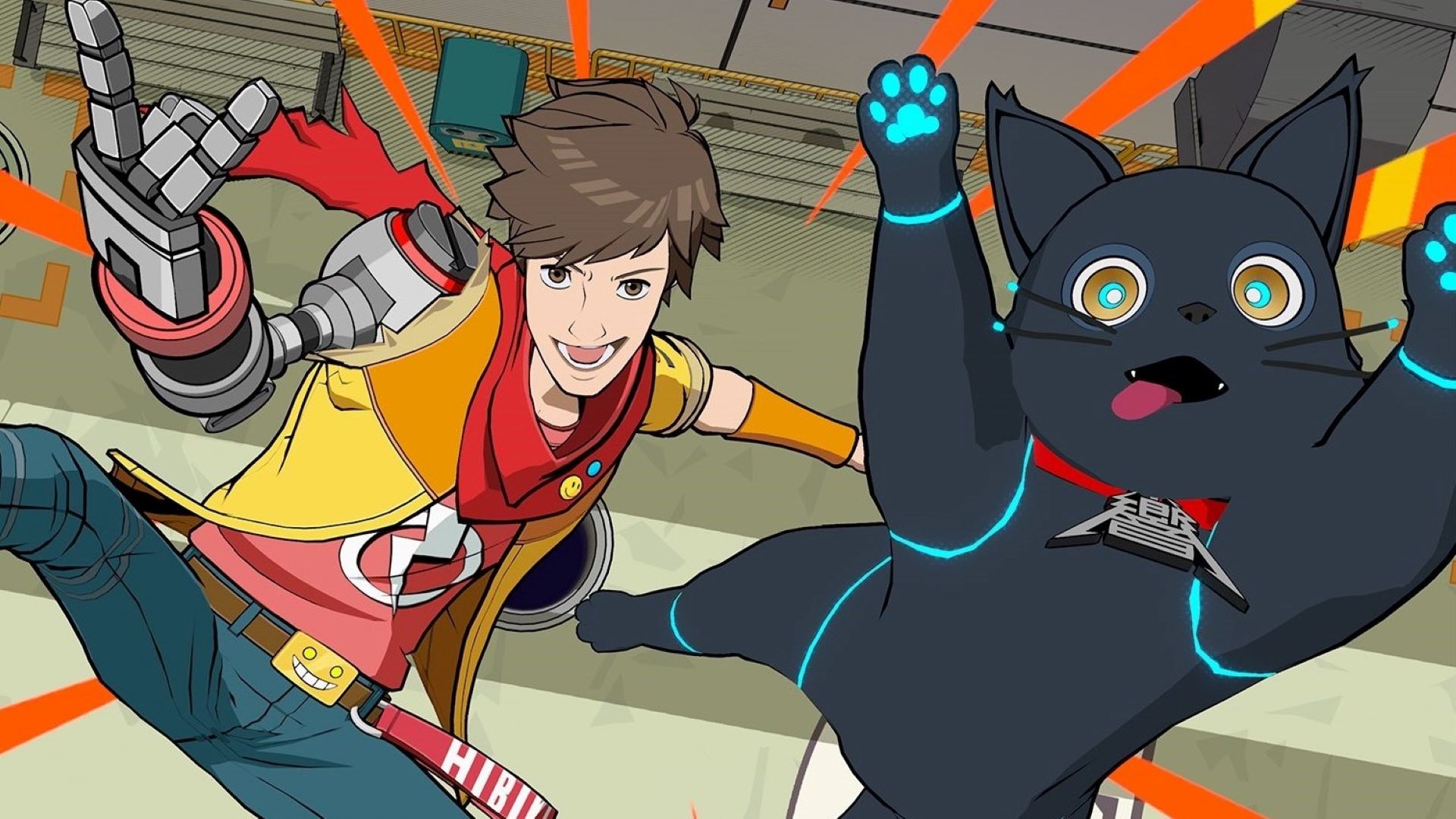
But music is also all about flow, about finding the right pacing between the intro, verse, chorus, and outro – and Hi-Fi Rush knows that. It’s why each level is themed like a song itself, bombastic openings and endings, and in-between you bounce back and forth between intense combat sections, methodical exploration, and key character development.
That’s what makes Hi-Fi Rush one of the most well-paced action games out there, Tango Gameworks simply understood the assignment, and knew that to really embrace the rhythm you need not just good music, but a way to capture the very feeling of that music.
And that’s the kind of unique idea that the Saturday morning cartoons of old thrives on – something off the beaten path that just runs with it. Equally, it’s why so many of these shows have stood the test of time. Captain Planet’s environmental messaging works so well because it's ingrained into every element. Pokemon thrived on emulating that idea of childhood adventure, of being free from the bounds of adulthood and experiencing the world with fresh eyes.
Hi-Fi Rush is the closest distillation of that idea in video games – and it just so happens to be a pretty radical action experience on top of that. It’s a game that wants you to not just play it and have a good time, but feel the music in your bones. And maybe along the way, you’ll think about why your foot is tapping along.
We're celebrating the best Xbox Series X games so far, casting an eye back over five years of console glory.

Hayes Madsen has covered video games for nearly 15 years, with work appearing at Inverse, IGN, Rolling Stone, and more. Before writing about video games he worked as a local reporter in Denver, Colorado. When not working, he’s most likely regretting the decision to play every single RPG that releases.
You must confirm your public display name before commenting
Please logout and then login again, you will then be prompted to enter your display name.
